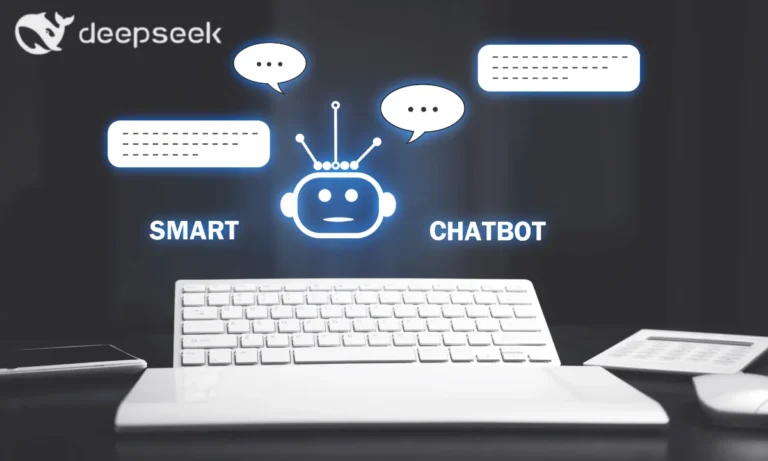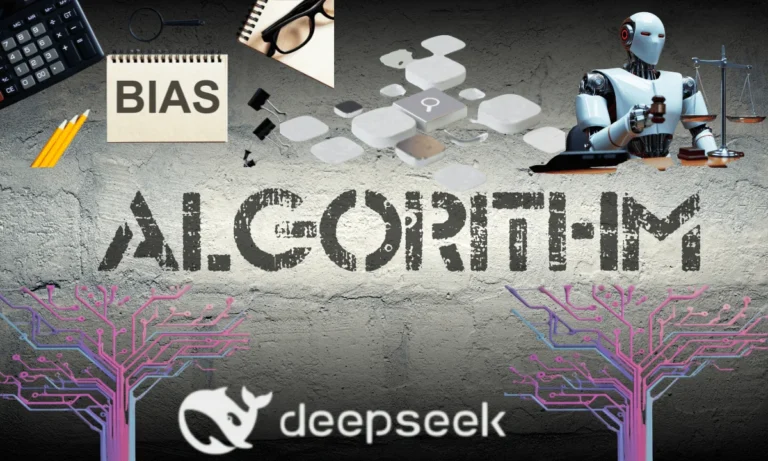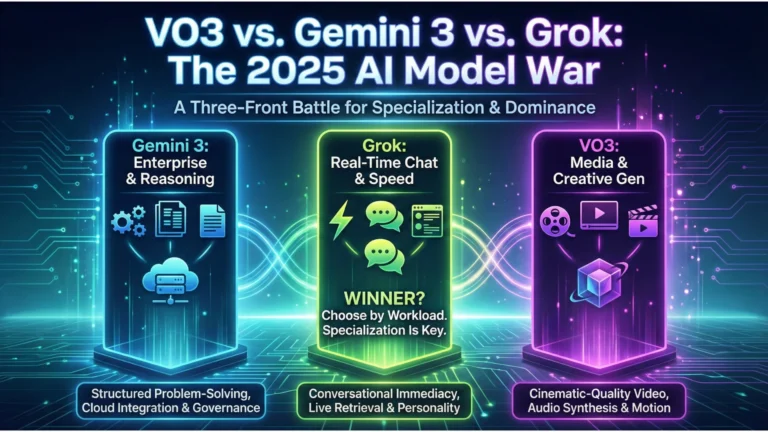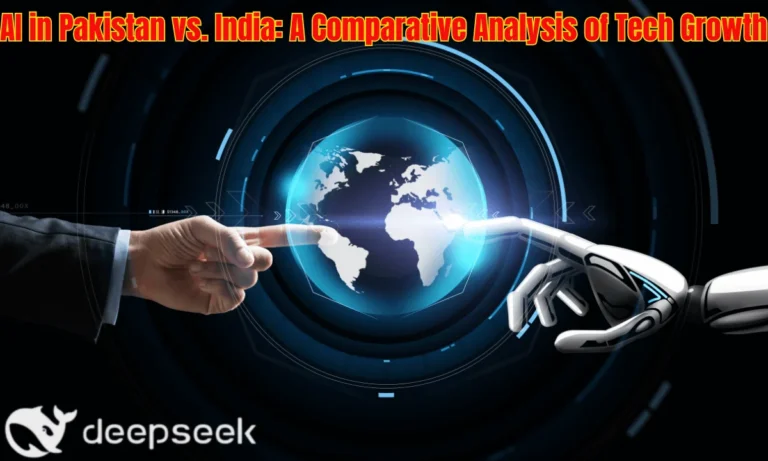Ethical AI: A Conversation with DeepSeek’s Chief Ethics Officer
Introduction
Artificial Intelligence (AI) is transforming industries, from healthcare to finance, but with great power comes great responsibility. As AI systems become more advanced, concerns about bias, transparency, and accountability grow. To address these challenges, companies like DeepSeek are prioritizing ethical AI development, ensuring that innovation aligns with societal values.
In this exclusive interview, we sit down with DeepSeek’s Chief Ethics Officer to discuss the principles of ethical AI, the challenges in implementation, and the future of responsible machine learning.
Investors’ Perspective: Why AI Startups in Pakistan Are Booming
What is Ethical AI?
Ethical AI refers to the design, development, and deployment of artificial intelligence systems that adhere to moral principles, ensuring fairness, accountability, and transparency. Unlike traditional AI, which focuses solely on performance, ethical AI integrates:
- Fairness – Preventing bias in algorithms.
- Transparency – Making AI decision-making understandable.
- Accountability – Ensuring responsibility for AI actions.
- Privacy – Protecting user data.
- Societal Impact – Assessing long-term consequences.
DeepSeek’s Chief Ethics Officer emphasizes that “AI should serve humanity, not the other way around.”
Meet the Pakistani Women Leading AI Research at DeepSeek
The Role of a Chief Ethics Officer in AI
As AI evolves, the need for dedicated ethics oversight becomes critical. The Chief Ethics Officer (CEO) at DeepSeek plays a pivotal role in:
- Policy Development – Creating guidelines for ethical AI deployment.
- Bias Mitigation – Ensuring AI models do not discriminate.
- Stakeholder Engagement – Collaborating with governments, NGOs, and the public.
- Compliance & Auditing – Monitoring AI systems for ethical adherence.
“Our goal is to build AI that people can trust,” says DeepSeek’s ethics lead.
The Rise of Generative AI: Opportunities for Pakistani Creators
Challenges in Implementing Ethical AI
Despite its importance, ethical AI faces several hurdles:
1. Algorithmic Bias
AI systems learn from data, and if that data is biased, the AI will perpetuate discrimination. For example, facial recognition has shown racial bias, leading to wrongful identifications.
2. Lack of Transparency (The “Black Box” Problem)
Many AI models, especially deep learning systems, operate as “black boxes,” making it hard to understand their decisions.
3. Regulatory Fragmentation
Different countries have varying AI ethics laws, making global compliance complex.
4. Corporate Resistance
Some companies prioritize profits over ethics, slowing down responsible AI adoption.
DeepSeek’s approach involves continuous auditing, diverse training data, and explainable AI techniques to overcome these challenges.
AI and Climate Change: How DeepSeek is Tackling Global Warming
DeepSeek’s Framework for Ethical AI
DeepSeek has established a five-pillar framework to ensure ethical AI:
- Human-Centric Design – AI must enhance human well-being.
- Explainability – Users should understand AI decisions.
- Robustness & Safety – AI must perform reliably under uncertainty.
- Privacy by Default – Data protection is non-negotiable.
- Societal Benefit – AI should address global challenges like climate change and healthcare.
“We don’t just ask if AI can do something—we ask if it should,” says the Chief Ethics Officer.
Free AI Tools to Supercharge Your Productivity in 2025
The Future of Ethical AI
Looking ahead, the Chief Ethics Officer highlights key trends:
- Stronger AI Regulations – Governments will enforce stricter ethical guidelines.
- AI for Social Good – More focus on solving humanitarian issues.
- Ethics as a Competitive Advantage – Companies embracing ethical AI will gain consumer trust.
DeepSeek is also investing in AI ethics education, training developers and policymakers to make informed decisions.
AI-Powered Analytics: Tools to Decode Pakistan’s Market Trends
Conclusion
The conversation with DeepSeek’s Chief Ethics Officer underscores that ethical AI is not optional—it’s a necessity. As AI becomes more embedded in daily life, ensuring fairness, transparency, and accountability will define its success.
By prioritizing human values over pure efficiency, DeepSeek is leading the charge toward a future where AI benefits all of society.
AI-Powered Analytics: Tools to Decode Pakistan’s Market Trends







